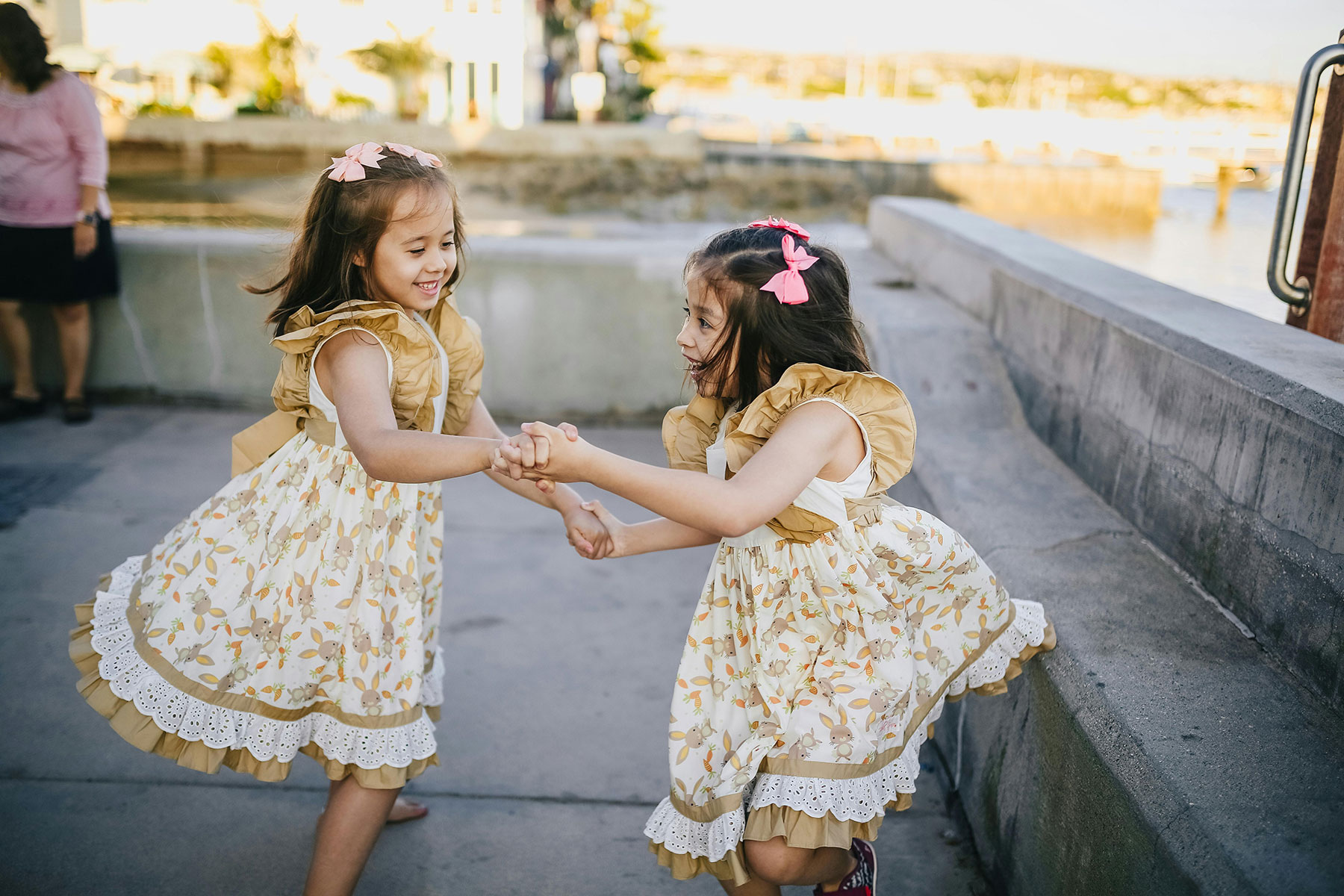
By Helaina Hovitz
As I worked more furiously towards the deadline of finishing the edits on my memoir about growing up with Post Traumatic Stress Disorder while verbally telling my story over and over again to others, I noticed things were happening to my mood and to my body that scared me.
What I soon came to realize was that, while Cognitive Behavioral Therapy, Dialectical Behavioral Therapy, and 12-Step Programs were all very effective in helping me recover, they didn’t target the way my body experienced and processed the trauma itself.
So, I embarked on a new journey to healing with EMDR (Eye Movement Desensitization Reprocessing) and Somatic Experiencing, which got me thinking about other methods that people might be using as an alternative for working out the way traumatic memories live inside of our subconscious brains, our muscles, and other body systems. And that’s how I stumbled on Dance Movement Therapy (DMT) as yet another approach to healing PTSD and its many systems.
Share This Post!
Complex Trauma Effects
Source: The National Child Traumatic Stress Network (NCTSN) Children whose families and homes do not provide consistent safety, comfort, and protection may develop ways of coping that allow them to survive and function [...]
Trauma-Informed Organizations
Source: The National Child Traumatic Stress Network (NCTSN) Part 2 provides a broad overview of how to create and implement an institutional framework for trauma-informed services in program delivery and staff development, policies [...]
Early childhood trauma and its long-term impact on cognitive and emotional development
Source: National Library of Medicine Childhood trauma has profound, long-term effects on cognitive and emotional development. This systematic review and meta-analysis sought to synthesis the evidence around the long-term impact of [...]
Helping children who have or are experiencing trauma this holiday season
For many, the holiday season is a joyful one – the popular song “Have a Holly, Jolly Christmas” comes to mind – but for children who have or are experiencing trauma, Christmas, [...]
Healing Frameworks: Understanding ACEs in Indigenous Communities
The National Indian Health Board (NIHB) is committed to advocating for the health and well-being of Indigenous communities. One of our key initiatives focuses on addressing adverse childhood experiences (ACEs), which are traumatic [...]
Gratitude Not Required: A Trauma-Informed Thanksgiving for Children in Care
By Beth Tyson Children impacted by any kind of family separation, whether it be foster care, adoption, or divorce, don’t have to feel thankful during Thanksgiving or any other holiday. There, I [...]







